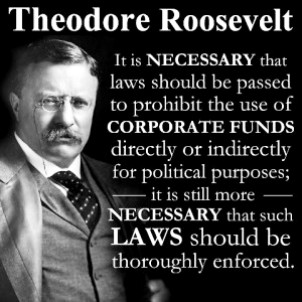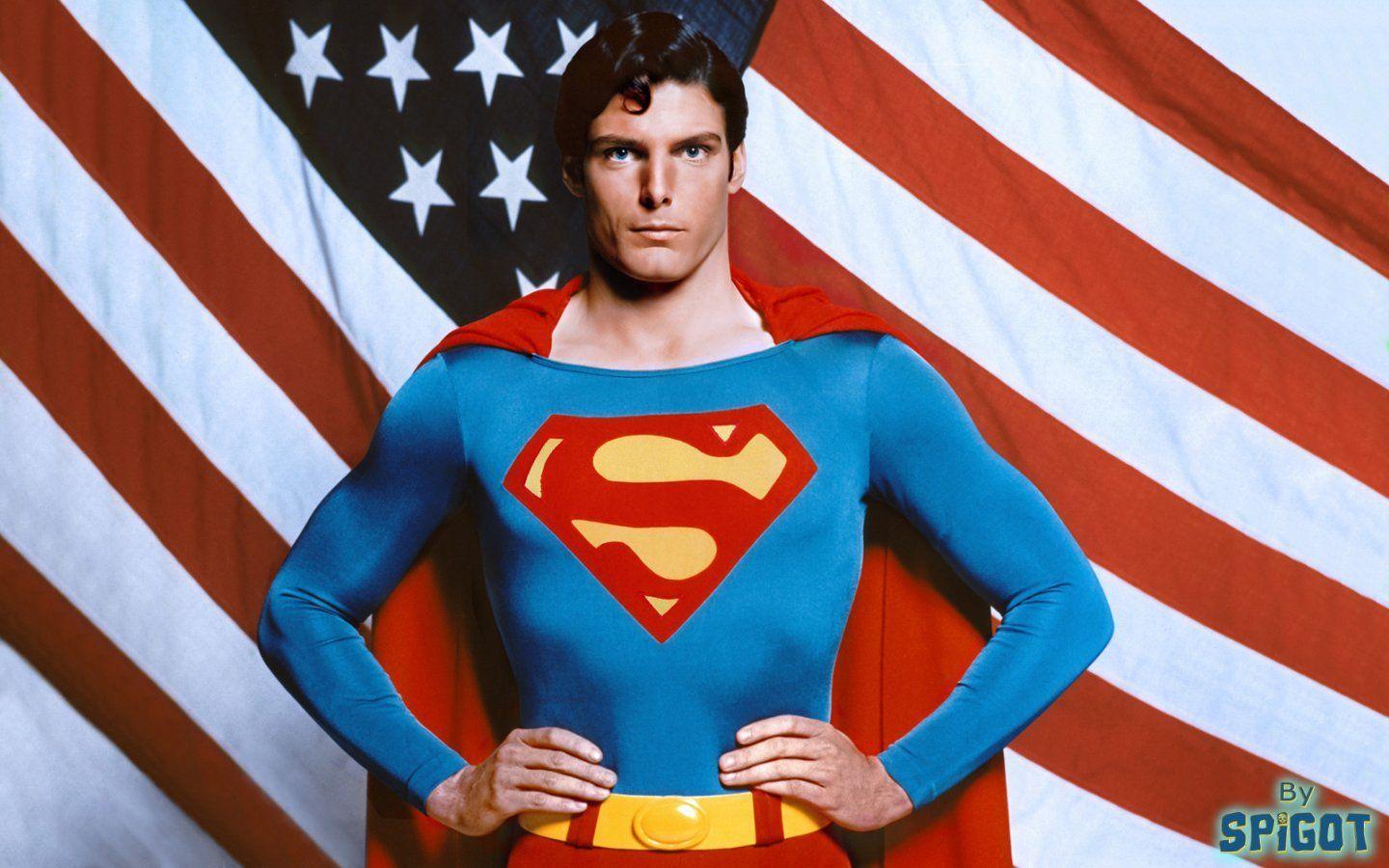In August 2009, here’s how New York Times reporter and Supreme Court correspondent Adam Liptak first described the unleashing of a monster.
“The Supreme Court will cut short its summer break in early September to hear a new argument in a momentous case that could transform the way political campaigns are conducted.”

Arguably, one of the biggest understatements in decades… and for the Supreme Court, Citizens United was the worst decision, in my opinion, since Dred Scott where racisim and bigotry reigned, quite literally, supreme.
Anyone who believes that the office of Chief Justice of the United States Supreme Court confers any special wisdom on an individual only needs to read just part of what Chief Justice Roger Taney wrote at that time: that Blacks were “an inferior order and altogether unfit to associate with the white race…. The Negro,” Taney added, “might justly and lawfully be reduced to slavery for his own benefit.”
Fortunately, Lincoln’s Emancipation Proclamation as well as the 13th, 14th and 15th amendments invalidated that decision.
No such fortune appears anywhere close on the political horizon for the ironically named Citizens United.
Here’s how it all began.
During the 2008 Democratic primary, a nonprofit corporation named Citizens United was prevented from airing via broadcast, cable or satellite, a political ad in the form of a documentary (Hillary: The Movie) highly critical of then presidential candidate Hillary Clinton thirty days before the primaries. Following rules set down by the Bipartisan Campaign Reform Act of 2002, the Federal Election Commission (FEC) ruled that airing the film close to an election amounted to corporate money used for electioneering purposes which had been expressly barred by the Campaign Reform Act, also known as McCain-Feingold.
While a lower court agreed with the FEC, the appeal reached the Supreme Court which declared, in a 5-4 decision in 2010, that corporations, including nonprofits as well as unions and political action committees could not be barred from making unlimited contributions.
In essence, the high court ruled that corporations, nonprofit corporations, unions and political action committees were entitled to free speech – all the free speech that money can buy.
Writing for the majority, Justice Anthony Kennedy said (page 5), “…this Court now concludes that independent expenditures, including those made by corporations, do not give rise to corruption or the appearance of corruption. That speakers may have influence over or access to elected officials does not mean that those officials are corrupt. And the appearance of influence or access will not cause the electorate to lose faith in this democracy.”
Who could ever conceive of the notion that money has a corrupting influence on politics… which, of course is why casino billionaire Sheldon Adelson has suggested that he is willing to personally pledge as much as $100 million nottoward defeating President Obama, but rather as a supportive and philanthropic gesture to Republican candidates. (Facetiousness intended.)
As originally reported in Adam Liptak’s 2009 New York Times article, “ ‘This is rough business,’ said Fred Wertheimer, a veteran advocate of tighter campaign regulations. ‘We’re not dealing with campaign finance laws. We’re dealing with the essence of power in America.’ ”
However, it’s not just the unlimited amount of money corporations can spend in a campaign that’s at issue. It’s the fact that they can say whatever, and as often as they like most anything about any issue or any candidate under the umbrella of “Free Speech,” with the very real likelihood of influencing some or all of the voting public. And they can do all of this 30-days before citizens vote.
How much money has been raised by Super PACs in 2012?
According to the web site, OpenSecrets.org “As of June 27, 2012, 640 groups organized as Super PACs have reported total receipts of $240,214,583 and total independent expenditures of$133,997,844 in the 2012 cycle.”
Earlier this week, the court reaffirmed its decision in striking down a Montana ban on corporate election money. In a 5-4 decision, the court said that Citizens United applies to states and local elections.
From my perspective, it seems to come down to very strange perversity of Fairness vs. Fairness: Fairness for the basic tenet that everyone, including corporations, have the right to freely speak on issues and individuals. However, because of the unlimited amount of money at their disposal, it conflicts with the fairness of an individual to reasonably hear – in the arena of public discourse – more or less equal sides of an issue. It says that a corporation – the many – counts as much as the one.
My question for the high court is this: When a corporation is permitted to flood the public discourse with so much speech that is drowns out other, lesser financially able citizens, how can the electorate reasonably choose which individual or issue to support or oppose?
To quote another Supreme Court Justice, Potter Stewart:“Ethics is knowing the difference between what you have a right to do and what is right to do.”
Comments










